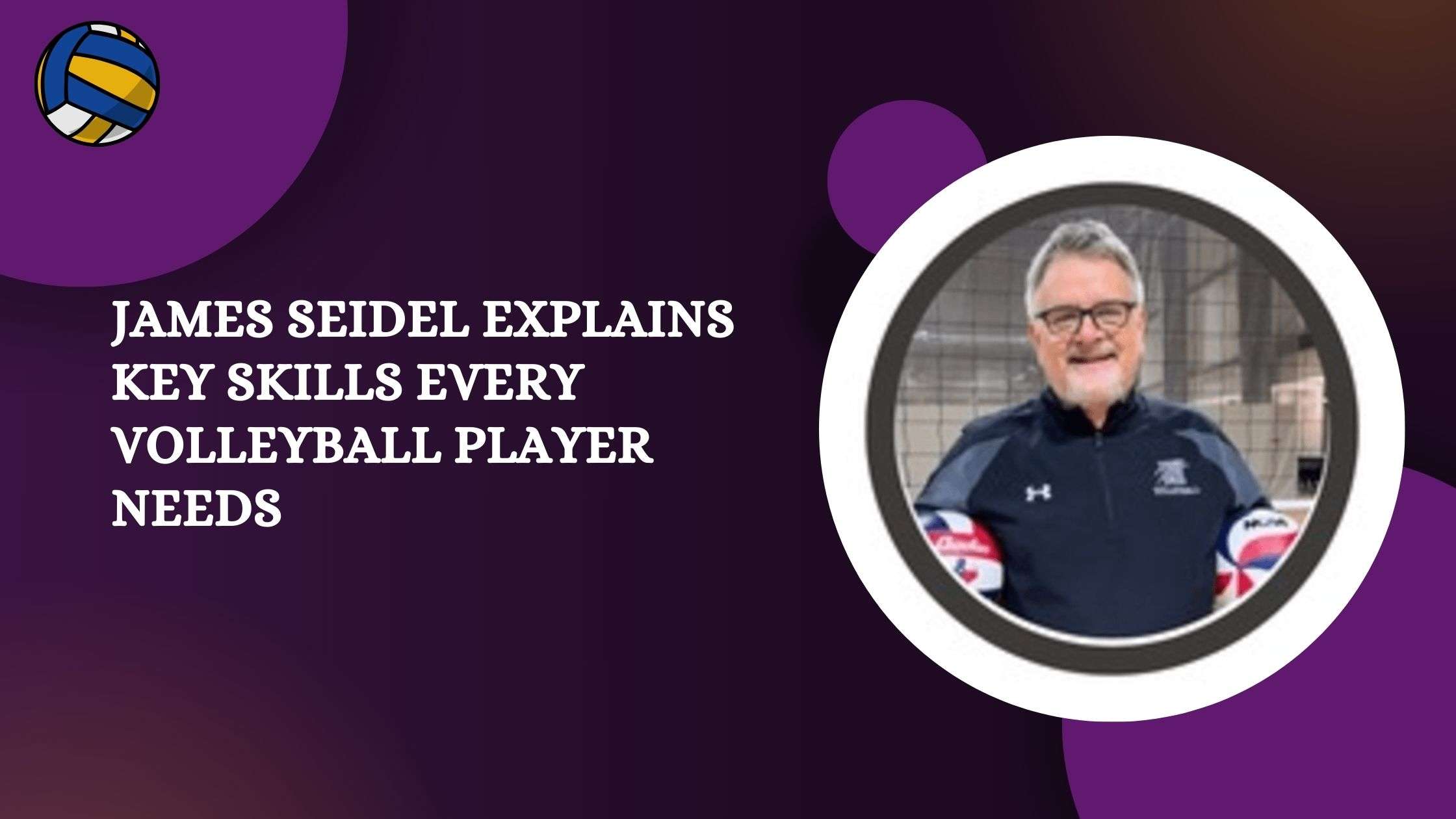James Seidel Explains Key Skills Every Volleyball Player Needs
Volleyball is a dynamic sport that requires a blend of physical prowess, tactical intelligence, and teamwork. According to James Seidel, a renowned expert in volleyball coaching, mastering certain key skills is essential for excelling on the court. Here are the fundamental skills every volleyball player should develop:
Serving Accuracy
Serving is the first opportunity to make an impact in a game. To be effective, players must focus on precision and consistency. A well-executed serve can put pressure on the opponents and set the tone for the rest of the play. Practicing different types of serves—like underhand, overhand, and float serves—can increase versatility and effectiveness.
Passing and Reception
Passing is critical for initiating an effective offense. Players need to master the art of receiving serves and setting up the ball for their teammates. This skill involves proper footwork, body positioning, and hand technique. A clean and accurate pass ensures the team maintains control of the ball and can execute strategic plays.
Setting Technique
Setting is the skill of delivering the ball to a teammate in the optimal position for an attack. It requires excellent hand-eye coordination, quick decision-making, and precise ball placement. Players should practice setting with both hands and one hand, focusing on consistency and accuracy to create scoring opportunities.
Attacking and Spiking
The ability to effectively attack and spike the ball is crucial for scoring points, James Seidel says. This skill involves a powerful and well-timed jump, a strong arm swing, and precise ball contact. Players should work on their timing and technique to execute attacks that are both forceful and strategically placed to avoid blockers.
Blocking
Blocking is a defensive skill that requires timing and anticipation. To be successful, players must read the opponent’s attack, position themselves correctly, and jump to intercept the ball. Effective blocking can disrupt the opposing team’s offense and prevent points from being scored against your team.
Defensive Digging
Digging is the skill of receiving and controlling an opponent’s attack. It involves quick reflexes, proper body positioning, and accurate technique to keep the ball in play. Players should work on their ability to read the opponent’s hits and respond swiftly to maintain defensive stability.
Footwork and Movement
Efficient footwork is essential for all aspects of volleyball. Players need to move quickly and fluidly to position themselves for serves, passes, sets, attacks, and defensive plays. Practicing agility drills and movement patterns helps improve overall court coverage and responsiveness.
Communication
Effective communication is crucial for coordinating plays and maintaining team cohesion. Players should develop verbal and non-verbal cues to signal intentions, share information, and support one another. Clear and consistent communication helps prevent errors and enhances overall team performance.
Teamwork and Strategy
Volleyball is a team sport that requires synchronized efforts and strategic planning. Players need to understand their roles within the team, work together to execute game plans, and adapt to changing situations during matches. Building strong teamwork and strategic awareness is essential for achieving success on the court.
Mental Toughness
Volleyball can be a high-pressure sport, and mental resilience is key to performing well. Players should cultivate a positive mindset, stay focused under pressure, and recover quickly from mistakes. Mental toughness helps players maintain composure and confidence throughout the game.
Visit: https://philpeople.org/profiles/james-seidel
